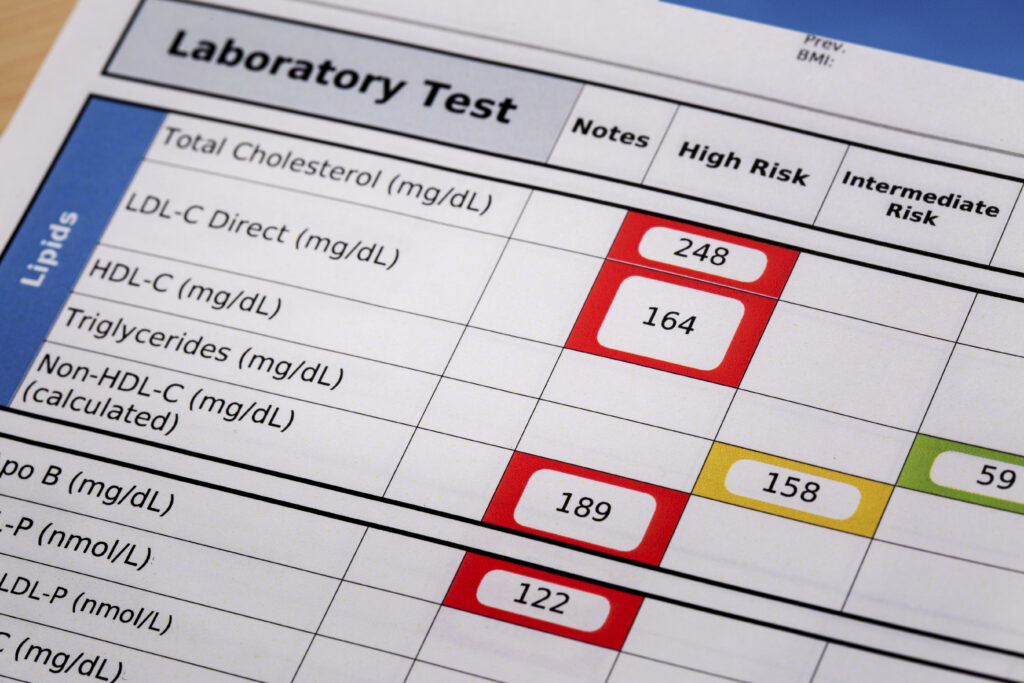It promises weight loss, reduced inflammation, and improved energy. Yet, is it a powerful fuel for better health or just another extreme fad?
There is a diet trend on TikTok called carnivore diet – a diet that only includes meat, fish, eggs, and other animal products. This diet excludes carbs, veggies, fruits, and legumes. It is claimed that it can help in weight loss, improving mood, and blood sugar regulation. However, this diet is lacking other important components, like vitamins, minerals, and fiber. In this interview, Dr Chew Lye Yee, a nutritionist, will be sharing her insights to debunk this diet trend.

1Twenty80: From an evidence-based standpoint, what are the primary concerns associated with the carnivore diet?
Dr Chew: The diet excludes three food groups — cereals and cereal products, vegetables (including legumes), and fruits — making it nutritionally unbalanced. Moreover, it lacks antioxidants and phytochemicals (non-nutrients), which play a key role in protecting the body against oxidative stress and support long-term health.
While animal-based foods are a valuable source of protein, vitamins, and minerals, they also tend to be high in saturated fats — the unhealthy kind that can raise LDL or “bad” cholesterol levels. Over time, consuming too much protein may also increase the work of the kidney.

1Twenty80: What are the potential nutritional deficiencies someone on a strict carnivore diet might face, and how significant are these risks?
Dr Chew: The diet lacks essential carbohydrates, as well as key vitamins and minerals that the body needs to function properly. Carbohydrates, which include glucose and other sugars, are an important energy source for the body. However, excessive ketone buildup can disrupt the body’s acid-base balance and cause unwanted side effects.
Complex carbohydrates, or dietary fibers, also play an important role in maintaining good health. They help lower blood cholesterol, stabilize blood sugar levels, support weight management, and reduce the risk of colon cancer and constipation. A diet low in fiber, on the other hand, can increase the likelihood of metabolic and cardiovascular diseases, as well as digestive issues.
In addition, vitamins and minerals are vital for countless metabolic and physiological functions. When the body doesn’t get enough of these micronutrients, it can lead to impaired bodily functions and a greater vulnerability to illness. Moreover, a lack of antioxidants in the diet can worsen conditions related to oxidative stress, such as cancer, heart disease, and diabetes.

1Twenty80: How does a diet consisting solely of animal products affect the gut microbiome?
Dr Chew: Dietary fibers that are found in whole grains, vegetables, fruits, and legumes are essential nourishment for the gut microbiome or gastrointestinal microorganisms. When fiber intake is too low, the balance of these beneficial microorganisms can be disrupted, which may lead to poor digestive health and a weakened immune system.
1Twenty80: Are there any specific medical conditions or populations for whom the carnivore diet would be particularly dangerous?
Dr Chew: Overall, this diet is not recommended because it falls short in several key nutritional areas. This diet should be avoided by individuals with health conditions such as high cholesterol or high blood pressure, who require a more balanced and heart-friendly eating pattern.
1Twenty80: In your professional opinion, what are the most common reasons people report “success” on the carnivore diet (e.g., weight loss, reduced inflammation)? How do you interpret these results?
Dr Chew: The diet is low in carbohydrates and forces the body to use fats as energy source; this process causes the body to burn fat, leading to weight loss. Meanwhile, the reported anti-inflammatory effect is likely associated with the omega-3 fatty acids from oily fish in the diet. However, current scientific research on the diet’s long-term health effects is insufficient and inconclusive.
1Twenty80: What are your final thoughts on the carnivore diet & would you recommend this diet?
Dr Chew: I will not recommend the diet. If one really chooses to follow the diet, it is essential to select healthy sources of fats and protein, such as lean meats, poultry, fish (including oily fish), and eggs. Moreover, it is advisable to avoid processed meats, which are typically high in salt and may contribute to an increased risk of high blood pressure.
Join our 1Twenty80 Broadcast Channel today! Be the first to receive interview updates, behind-the-scenes snippets and happenings in Malaysia’s health scene!











